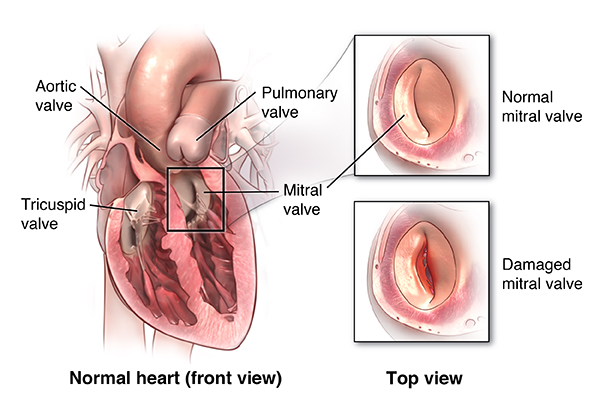Mitral Valve Replacement
India
-
Our Price USD 7050
-
Hospital Price USD 7833
-
You Save : USD 783
Booking Amount: USD 705. Pay Remaining 90% at the hospital.
Book NowAdditional Credit
Among the important extras we offer as part of the Additional Credit are the following:
-
Site Tourism For The Patient & Attendant
-
Airport Pick & Drop Service
-
Ambulance service at airport
-
Priority appointments with The Doctor
-
Cancel Easily Anytime with Full Refund
-
Room Upgradation
-
Free Online Doctor Consultation Valued at USD 20
-
Free hotel Stay for 5 to 7 days Accordingly
-
Welcome Kit at Arrival
-
Interpreter
-
Medical Visa Assistance
What is Included?
- Doctor consultation charges
- Lab tests and diagnostic charges
- Room charges inside hospital during the procedure
- Surgeon Fee
- Cost of implant
- Nursing charges
- Hospital surgery suite charges
- Anesthesia charges
- Routine medicines and routine consumables (bandages, dressings etc.)
- Food and Beverages inside hospital stay for patient and one attendant.
What is not Included?
- Extra Radiology Investigations
- Healthcare Professionals Charges of other consultations.
- Other Requested Services such as Laundry etc.
- Additional Pharmaceutical Products and Medicines After Discharge from Hospital.
- Management of Conditions Unrelated to Procedures or Pre-Existing.
- The cost of any additional implants will be in addition to the package cost.
Package Description
Mitral Valve Replacement
Mitral valve regurgitation or stenosis may need mitral valve replacement surgery. Valve replacement is commonly performed as an open-heart procedure. Another alternative might be less invasive surgery.
You and your doctor will select which type of valve is best for you before having valve replacement surgery. General anaesthesia is used during valve surgery. A big incision is made in your chest by your doctor. During the procedure, you'll be hooked up to a heart-lung machine. A heart-lung (cardiopulmonary bypass) machine circulates blood outside the body and adds oxygen to it. The heart may be chilled to slow or halt the beating to preserve the heart muscle from harm during surgery to replace the heart valve. An artificial heart valve is used to replace the damaged mitral valve. The broken valve is removed and replaced with a new valve that is stitched in place.
Disease Overview:
Ischemic heart disease:
Your heart gets blood, oxygen, and nourishment through the coronary arteries. Plaque development in these arteries can restrict them, reducing blood flow to the heart. Reduced blood flow can eventually lead to angina (chest discomfort), shortness of breath, and other signs and symptoms of coronary artery disease.
Signs and Symptoms:
- Pain in the neck or jaw.
- Pain in the shoulder or arm.
- A rapid heart rate.
- When you are physically engaged, you may have shortness of breath.
- Nausea and vomiting are common side effects.
- Sweating.
- Fatigue.
Disease Causes:
- Coronary heart disease runs in the family.
- Hypertension is the medical term for elevated blood pressure.
- cholesterol levels are elevated.
- obesity.
- Diabetes mellitus is a kind of diabetes.
- renal illness that has progressed to the terminal stage.
- Amyloidosis is a disease in which aberrant proteins accumulate in the tissues and organs of the body, including the blood vessels.
Disease Diagnosis:
- An EKG is a type of electrocardiogram (ECG). The electrical activity of your heart is recorded by electrodes placed to your skin.
- A stress test was conducted.
- Echocardiogram.
- An echocardiography is a test that measures the heart's response to stress
- A nuclear stress test has been performed.
- Angiography of the coronary arteries.
- CT scan of the heart.
Disease Treatment
Coronary artery disease is generally treated with a combination of lifestyle modifications, medicines, and medical procedures.
Changes in your way of life
Making the following healthy lifestyle adjustments will help promote healthier arteries:
- Stop smoking.
- Consume nutritious foods.
- Exercise on a regular basis.
- Get rid of the extra pounds.
- Reduce your stress levels.
- Stent implantation and angioplasty (percutaneous coronary revascularization
A long, thin tube (catheter) is inserted into the narrowed section of your artery by your doctor. The constricted region is reached by passing a wire with a deflated balloon via the catheter. After then, the balloon is inflated, forcing the deposits against the artery walls.
A stent is frequently left in the artery to keep it open. The majority of stents deliver medicine over time to help keep the arteries open.
Bypass surgery for the coronary arteries:
A graft is a conduit from another region of your body that is used to bypass blocked coronary arteries. This permits blood to flow around the coronary artery that is obstructed or constricted. Because it necessitates open-heart surgery, it's usually reserved for patients with numerous constricted coronary arteries.
Information related to Treatment
Package Details
Days in Hospital
7 Days
Days in Hotel
*
12 Days
Room Type
Private
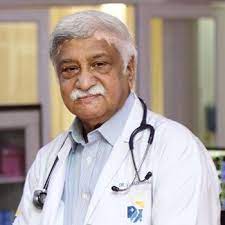
Treating Doctor
Dr. Col V Hariharan
Cardiologist- Electrocardiography, Pacemaker Implantation, Coronary Angiography, Heart valve replacement, Cardiac Ablation, Implantation of ICD, Electrophysiology Studies (EPS), ECG analysis
Indraprastha Apollo Hospitals, New Delhi New Delhi, India
38 Years of Experience
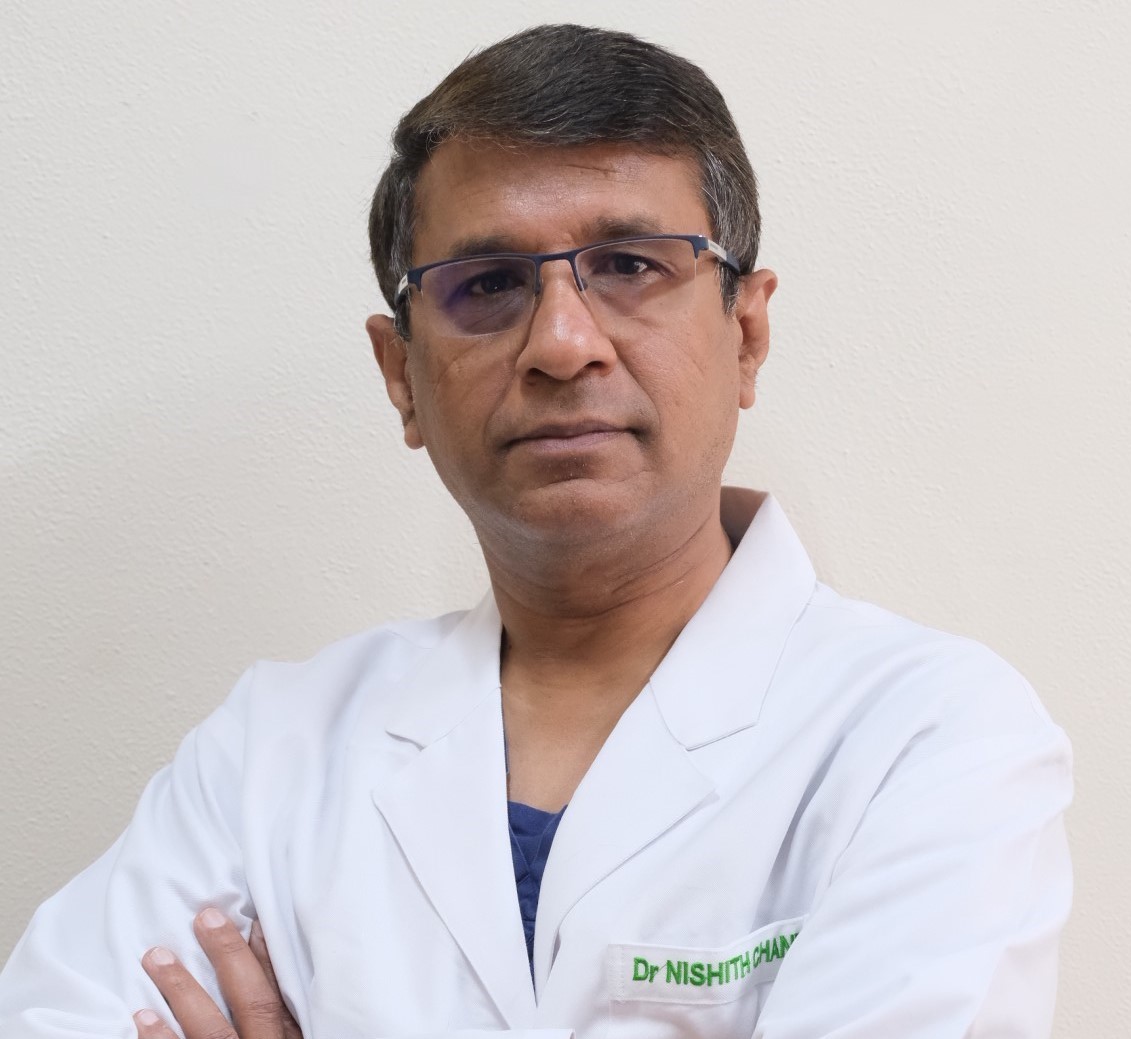
Treating Doctor
Dr. Nishith Chandra
Interventional Cardiologist- Pacemaker Implantation, Coronary Angiogram, Cardiac Catheterisation, Carotid Angioplasty And Stenting, Implantable Cardioverter-Defibrillators (ICDS), Peripheral Angioplasty
Fortis Escorts Heart Institute New Delhi, India
29 Years of Experience
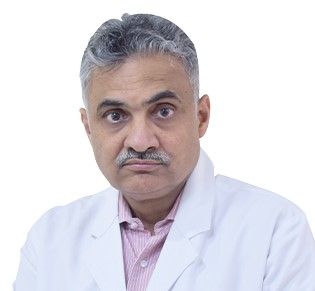
Treating Doctor
Dr. Praveer Aggarwal
Cardiologist- Coronary Artery Bypass Grafting, Coronary Angiogram, Peripheral Angiography, Coronary Angioplasty / Bypass Surgery, Cardiac Ablation, Cardiac Catheterisation
Fortis Escorts Heart Institute New Delhi, India
31 Years of Experience
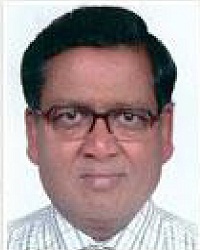
Treating Doctor
Dr. Mahesh Chandra Garg
Cardiologist- Coronary Angiography, Cardiac Electrophysiology, Coronary Angioplasty, Radiofrequency Ablation for Arrhythmias
Indraprastha Apollo Hospitals, New Delhi New Delhi, India
50 Years of Experience
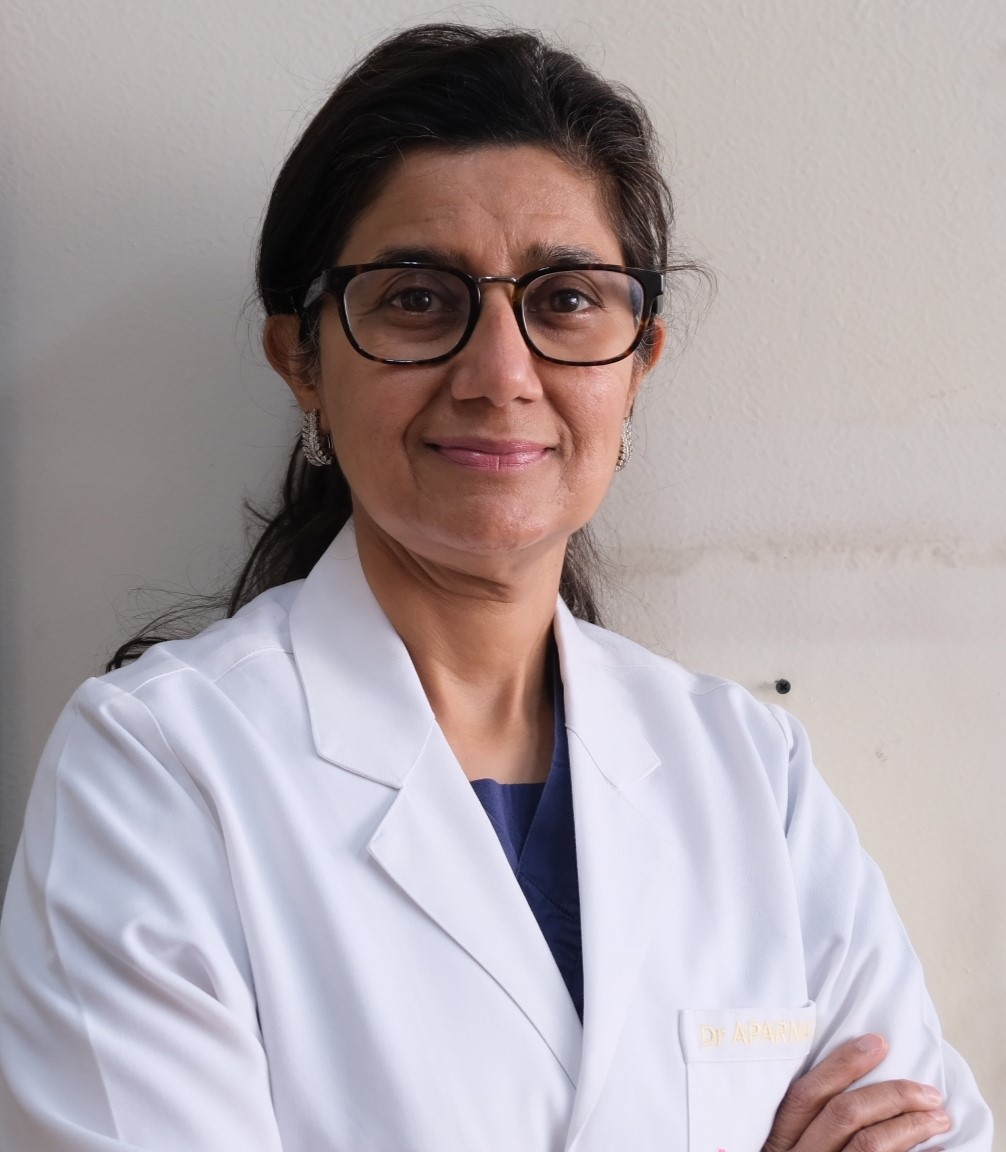
Treating Doctor
Dr. Aparna jaiswal
Cardiologist- Pacemaker Implantation, Three Dimensional Mapping, ICDs, CRT, CRT D, Electrophysiology Studies (EPS), Complex Arrhythmia
Fortis Escorts Heart Institute New Delhi, India
26 Years of Experience
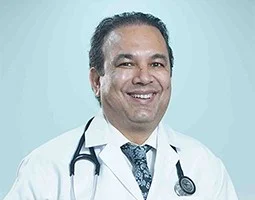
Treating Doctor
Dr. Umesh Kohli
Interventional Cardiologist- Echocardiography, Pacemaker Implantation, Coronary Angiography, Coronary Angiogram, Cardiac Ablation, Cardiac Catheterisation, ASD VSD repair, Cardioversion, Implantable Cardioverter-Defibrillators (ICDS), Peripheral Angioplasty, Non Invasive Cardiology, Chest Pain Treatment, Bypass Surgery, CT angiogram, Cardiology, Balloon Mitral Valbuloplasty
Accord Super specialty Hospital Faridabad, India
24 Years of Experience
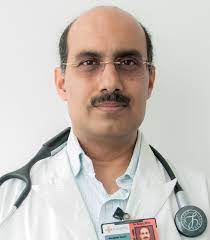
Treating Doctor
Dr. Sanjay Mittal
Cardiologist- Pacemaker Implantation, Radial Angioplasty, Bio Absorbable Stents, AICD Implantation
Medanta-The Medicity, Gurgaon Gurgaon, India
30 Years of Experience
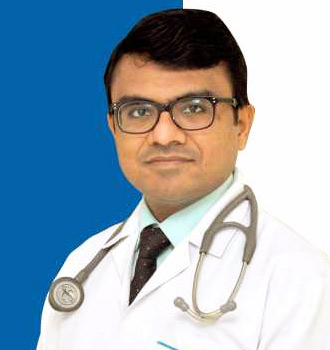
Treating Doctor
Dr. Ashish Agarwal
Cardiologist- Pacemaker Implantation, Angiography, Echo Cardiology, Angioplasty, Cardiac Catheterisation, TMT, Non Invasive Cardiology, AICD Implantation, Holter Monitoring, Renal & peripheral stenting, Coil embolization, Percutaneous valve dilatation, ASD/ VSD device closure, AICD and CRT implantation
Aakash Healthcare Super Speciality Hospital New Delhi, India
17 Years of Experience
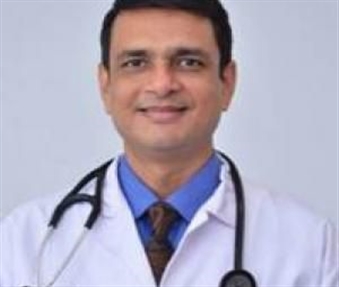
Treating Doctor
Dr Adil Rizvi
Cardiac Surgeon- Coronary artery bypass graft (CABG) surgery, MIDCAB Sugery, Heart valve replacement, Mitral valve replacement, Aortic Valve Replacement & Repairs
Metro Hospital (Heart Institute with Multispeciality) Faridabad, India
17 Years of Experience
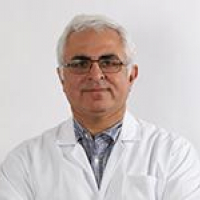
Treating Doctor
Dr. Hemant Madan (Prof)
Cardiologist- Adult & Paediatric- Pediatric Cardiology, Complex coronary interventions, peripheral interventions, Device implantation for rhythm disorders, Valve stenosis, Complex coronary and adult interventions, Paediatric interventions, Advanced pacing and device management, Paediatric and fetal echocardiography
Narayana Super Speciality hospitals Gurgaon, India
18 Years of Experience
Similar Packages
Frequently Asked Questions
In India, there are numerous hospitals that replace mitral valves. For instant reference, the top hospitals in India for mitral valve replacement, or MVR surgery, are listed below: Medanta The Medicity. Fortis Hospital, Gurgaon. Artemis Hospital. Max Hospital, Gurgaon. Manipal Hospital Dwarka, Delhi. Apollo Hospital, Delhi. BLK Super Speciality Hospital.
MItral Valve Replacement cost in India starts from about USD$ 6700. In India, numerous hospitals located in various states offer cardiac valve replacement services.
The cost of replacing a mital valve in India varies depending on the facility. The best hospitals in India for heart valve replacement pay for all associated costs with the candidate's pre-operative evaluations. The costs associated with hospitalisation, surgery, nursing care, medications, and anaesthesia are typically included in the treatment cost. New discoveries, a protracted recuperation period, and post-operative problems could affect the overall cost of a cardiac valve replacement in India.
The patient's recovery may differ based on a number of variables. Nonetheless, following release, patients are expected to remain in the nation for roughly 21 days on average. To be sure the procedure went well, this is crucial. Control and follow-up exams are conducted during this period to ensure medical fitness.
In India, Mitral valve replacement is available in numerous cities, including the following: New Delhi, Ahmedabad, Hyderabad, Bengaluru

